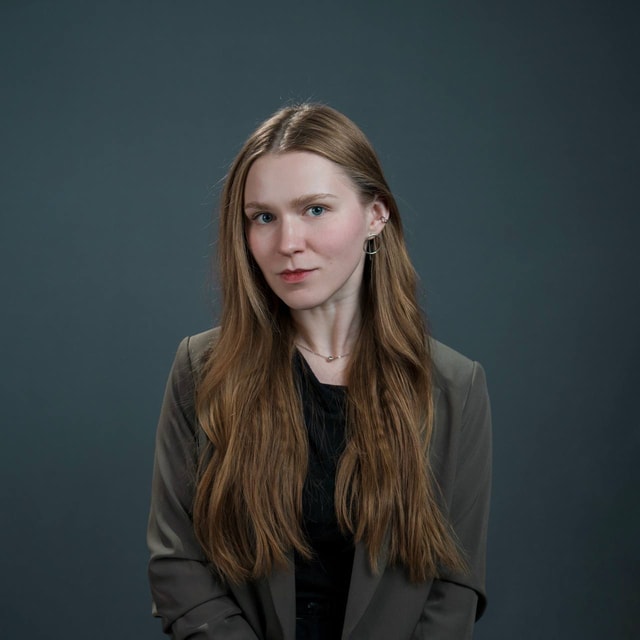'You're fools' — US may 'take a pass' on Ukraine-Russia talks if either side stalls, Trump says

Washington is ready to cease its mediation efforts to end Russia's war against Ukraine if one of the sides "makes it very difficult" to settle, U.S. President Donald Trump told journalists on April 18.
"If for some reason one of the two parties makes it very difficult, we're just going to say: 'you're foolish, you're fools, you're horrible people,' and we're just going to take a pass. But hopefully we won't have to do that," Trump said.
His statement echoes U.S. Secretary of State Marco Rubio's remarks. Earlier in the day, Rubio said that the U.S. would abandon its attempts to negotiate a peace deal between Ukraine and Russia in the following days if there is no signal that an agreement is reachable.
Rubio's statement was "communicating the (U.S.) president’s views," CNN reported on April 18, citing an undisclosed source.
Trump also dismissed concerns that Russia is "playing" with Washington instead of engaging in meaningful negotiations.
"Nobody is playing with anybody. We're going to see if we can get it done. I think we have a really good chance of getting it done," he said.
Trump began his presidency by pledging to broker a ceasefire within 24 hours, eventually extending this deadline to 100 days.
These efforts have largely stalled, as Russia continues to reject a full 30-day ceasefire backed by Washington and Kyiv, and a partial truce on strikes against energy facilities has failed to hold.
The White House has grown increasingly frustrated with the delayed peace process, as Trump has chastised both Ukraine and Russia for failing to reach a deal.
The Wall Street Journal reported earlier this week that Rubio and Special Envoy for Ukraine Keith Kellogg had been urging Trump to adopt a tougher stance toward Moscow. So far, Trump has been leaning toward the position of Special Envoy for the Middle East Steve Witkoff, who backs a rapprochement with Russia, according to the newspaper.
Kyiv supported an unconditional ceasefire during talks with the U.S. in Jeddah on March 11 but also stressed that a comprehensive peace deal must include security guarantees — a commitment that Trump has been reluctant to make.
Moscow rejected the ceasefire proposal unless it included conditions undermining Ukraine's defense capabilities, including a full halt on military aid.











